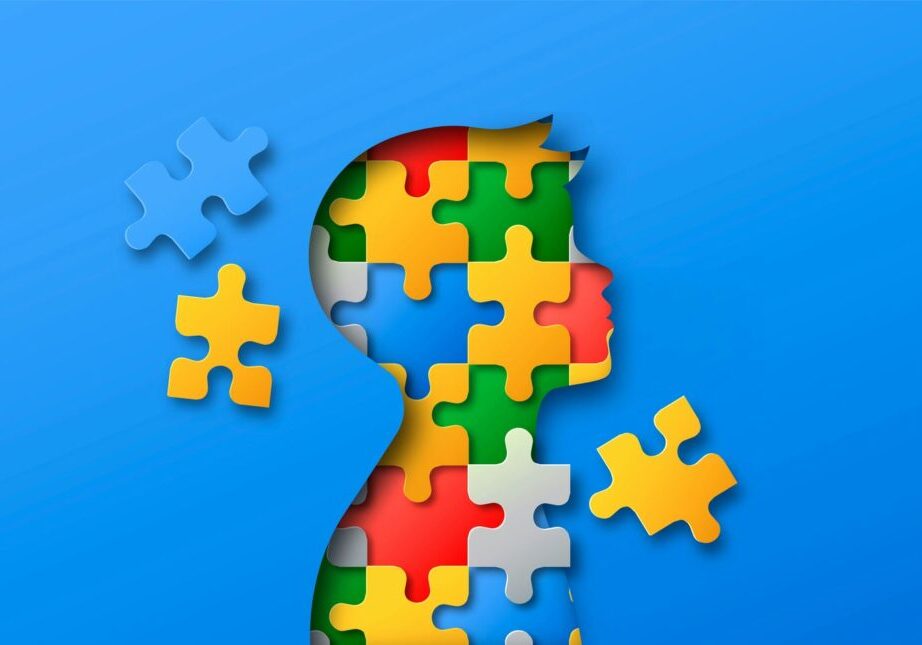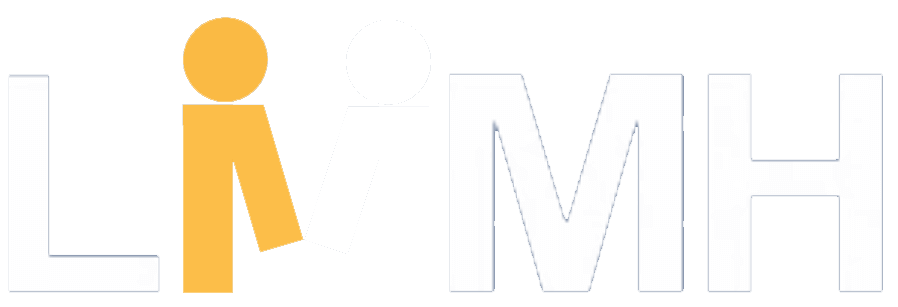Montessori vs. Traditional Education: A Comparative Guide
Category: Insights

Choosing the right educational path for your child is a pivotal decision that can influence their development and success throughout life. As parents explore various schooling options, they often find themselves weighing the merits of Montessori education against traditional educational systems. While both methods aim to educate and prepare students for the future, they differ fundamentally in philosophy, approach, and outcomes.
This guide is designed to offer a comprehensive comparison between Montessori and traditional education, emphasizing how Montessori’s unique, child-centered approach not only caters to academic needs but also nurtures independence, creativity, and emotional intelligence. By understanding these differences, parents can make informed decisions that align with their child’s natural learning style and long-term developmental needs.
Core Philosophies Compared
The foundational philosophies of Montessori and traditional education systems set the stage for how they approach teaching and learning. These core beliefs influence everything from the classroom environment to the roles of teachers and students.
Montessori Philosophy
Montessori education is fundamentally child-centered. Developed by Dr. Maria Montessori in the early 20th century, it is based on the principle that children learn best when they are allowed to explore and discover on their own terms. This approach respects each child’s individual developmental timeline and learning style. In Montessori classrooms, children are encouraged to choose their activities and work at their own pace, fostering a sense of independence and self-discipline. The philosophy also emphasizes the importance of creating a supportive learning environment that adapts to these developmental stages, allowing children to enhance their natural strengths and interests.
Traditional Education Philosophy
In contrast, traditional education tends to be more teacher-centered, focusing on a standardized curriculum where the teacher directs learning. The approach is based on a uniform set of expectations for student achievement, with a heavy emphasis on formal testing and assessments. Lessons are typically structured with less flexibility regarding pace and sequence, aiming to meet established educational standards at each grade level. This system prioritizes conformity and often uses a one-size-fits-all approach to education, which may not accommodate the varied learning paces and styles of all students.
Learning Environments
The physical and psychological learning environments in Montessori and traditional educational systems play a significant role in how students interact with the material, educators, and each other. These environments are shaped by the underlying educational philosophies and significantly impact the effectiveness of the learning experience.
Montessori Environment
In a Montessori classroom, the environment is carefully prepared to encourage independence and self-directed learning. Classrooms are designed to feel warm and inviting, mimicking a home-like setting that includes natural materials and aesthetically pleasing elements. Each area is organized with child-sized furniture and accessible materials that promote freedom of movement and choice. The setup encourages children to take responsibility for their learning and the maintenance of their environment, fostering a sense of ownership and respect for their space. This thoughtfully designed environment serves as the “third teacher,” subtly guiding the children through their learning journey.
Traditional Education Environment
Traditional classrooms are typically more structured and less flexible than Montessori settings. They often feature rows of desks facing a teacher’s desk or a blackboard, emphasizing the teacher’s role as the primary source of knowledge and authority. This setup can limit students’ physical mobility and does not encourage the same level of interaction with learning materials or peers. While this environment can support focused instruction and minimize distractions, it may not provide students with opportunities to explore their interests or engage deeply with materials as the Montessori method does.
Role of the Educator
The role of the educator in Montessori and traditional educational systems reflects the underlying philosophies of each approach. These roles significantly influence the dynamics of the classroom and the individual experiences of the students.
Montessori Educator
In Montessori schools, the teacher acts more as a guide or facilitator rather than a traditional instructor. This role involves observing students to understand their needs, interests, and learning styles, and then providing support and resources to help them explore and learn at their own pace. Montessori educators are trained to create environments that are rich in materials and experiences to enable self-directed learning. They intervene minimally, allowing students the space to make discoveries and learn from their own interactions with the environment and materials. This approach helps develop students’ abilities to assess their own work, think critically, and manage their learning processes.
Traditional Educator
In the traditional education model, the teacher is often seen as the central figure in the classroom, responsible for delivering knowledge and maintaining order. This role is characterized by more direct instruction and a focus on a predetermined curriculum. Traditional educators typically lead the class through lessons, dictate the pace of the curriculum, and are the primary source of information and assessment. The teacher’s expertise is at the forefront of the learning experience, and student participation is usually structured around listening, note-taking, and responding to direct questions.
Curriculum and Subject Matter
The structure of the curriculum and the approach to subject matter significantly differ between Montessori and traditional educational systems. These differences reflect each system’s educational philosophy, impacting how students engage with content and develop academically.
Montessori Curriculum
The Montessori curriculum is characterized by its integrated and holistic approach. Instead of dividing learning into separate subjects, Montessori education presents an interconnected framework that mirrors the real world. This curriculum encourages exploration and connections across disciplines, such as linking math, science, and geography in ways that are meaningful and contextually relevant to students. Learning is largely self-directed, allowing students to pursue their interests deeply and at their own pace. The flexibility of the Montessori curriculum supports the development of critical thinking and problem-solving skills, as students are not just learning isolated facts but understanding how those facts fit together in a larger context.
Traditional Curriculum
In contrast, traditional education often employs a segmented curriculum with clear divisions between subjects. Lessons are typically structured according to a set plan that emphasizes breadth over depth, with a predetermined sequence that all students follow regardless of their individual interests or pacing needs. This approach can be beneficial for covering a wide range of topics systematically and preparing students for standardized testing scenarios. However, it may limit opportunities for creative thinking and interdisciplinary learning, as the focus is on memorization and mastery of specific content areas within isolated blocks of time.
Assessment Methods
The methods used to assess student progress in Montessori and traditional educational systems reflect their distinct educational philosophies. These assessment practices influence how students are evaluated and how their achievements are recognized and supported.
Montessori Assessment
In Montessori schools, assessment is ongoing and formative, focusing on individual progress rather than comparative performance. Educators use observation as a primary tool to gauge a student’s development, skills, and understanding. This method allows teachers to tailor support and challenges to each student’s unique needs and pace. Montessori assessments typically do not involve grades or standardized tests in the early educational stages. Instead, feedback is qualitative, providing insights into a child’s growth across cognitive, social, emotional, and physical dimensions. This approach aims to foster a love of learning and self-improvement, minimizing the stress and competition often associated with traditional grading systems.
Traditional Assessment
Traditional educational systems commonly rely on quantitative assessments, including regular testing and grading, to measure student progress. This method provides a standardized way to evaluate and compare student performance, aligning with curriculum benchmarks and standards. Tests are often used to determine a student’s readiness to progress to new content or grade levels. While this approach can effectively track and standardize educational outcomes, it may also prioritize test results over holistic development and can contribute to stress and competition among students.
Outcomes and Development
The outcomes and overall development fostered by Montessori and traditional education systems can vary significantly. These differences are deeply rooted in each system’s educational strategies, philosophies, and assessment methods, impacting students’ academic achievements and personal growth.
Montessori Outcomes
Montessori education is designed to cultivate more than just academic skills; it aims to develop well-rounded individuals who are independent, creative, and capable of critical thinking. The holistic approach in Montessori schools supports the growth of emotional intelligence and social skills, which are essential for personal and professional success. Students often emerge as self-motivated learners who are curious about the world and comfortable with collaborative and individual problem-solving. Long-term studies of Montessori students show they tend to perform well academically and exhibit strong leadership qualities, adaptability, and social responsibility.
Traditional Outcomes
In traditional education systems, the focus is often on measurable academic achievements, with significant emphasis placed on standardized test scores and direct instruction performance. This approach can effectively prepare students for specific academic challenges and criteria that are standard in most educational assessments. However, this might come at the expense of developing softer skills like creativity and self-direction. Traditional settings may produce students who excel in structured environments but who may require more support when faced with tasks that necessitate self-guided learning or creative problem-solving.
Embracing the Montessori Advantage
The exploration of Montessori versus traditional education systems underscores profound differences in philosophy, environment, methodology, and student outcomes. Montessori education, with its holistic, child-centered approach, excels in fostering environments where children can explore their interests at their own pace, developing a robust set of skills crucial for lifelong learning and success.
While traditional education systems offer a structured path geared towards specific academic achievements, Montessori education is distinguished by its commitment to nurturing each student’s individual potential. This approach not only supports academic excellence but also cultivates emotional intelligence, creativity, and independence—qualities essential for navigating the complexities of today’s world.
If you believe in a learning environment that encourages independence, creativity, and personal growth, consider the Montessori method for your child’s education. Contact us today to schedule an in-school visit and take the first step towards providing a transformative educational experience that prepares children for a bright and successful future.
